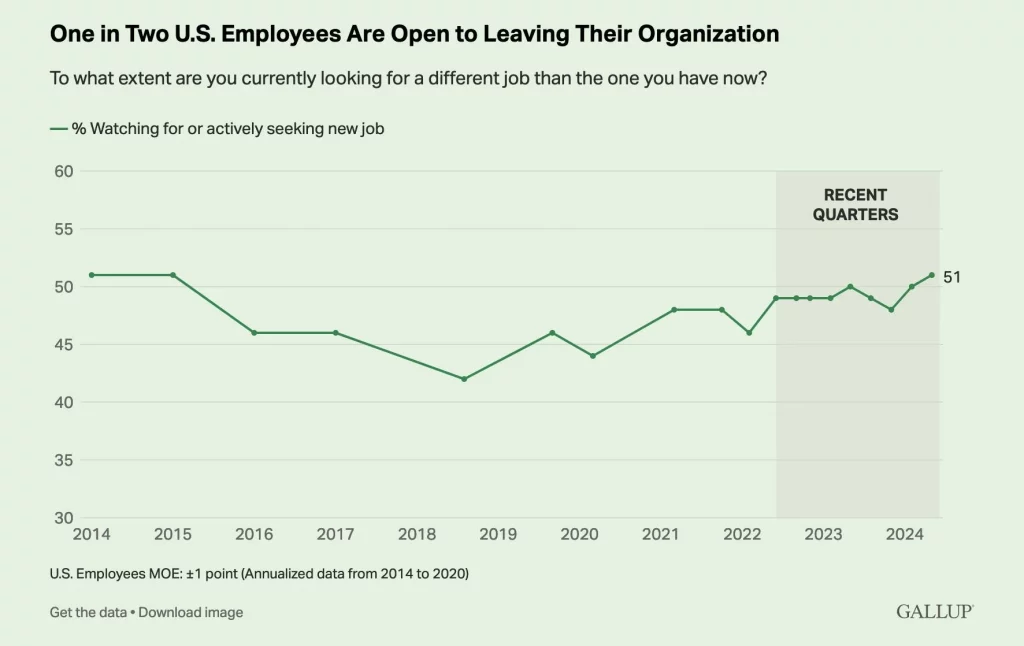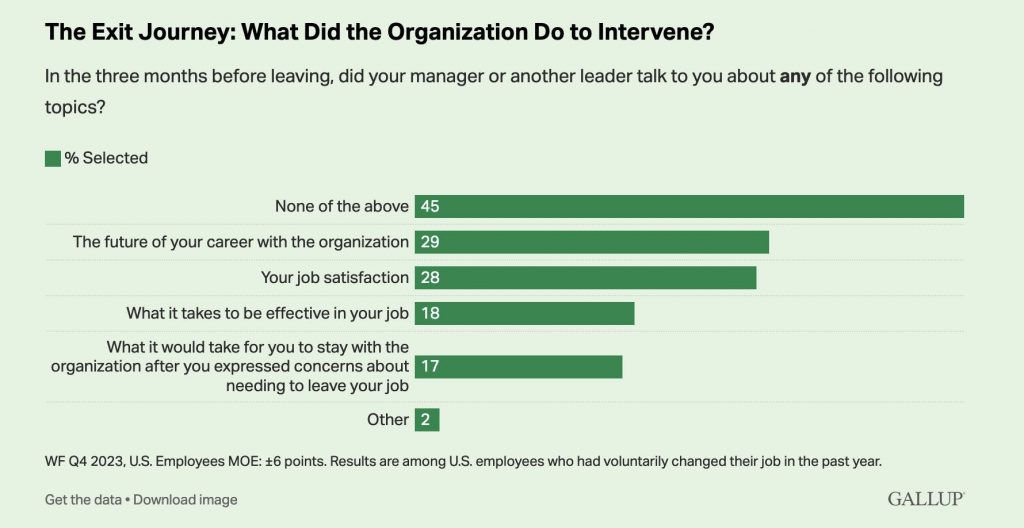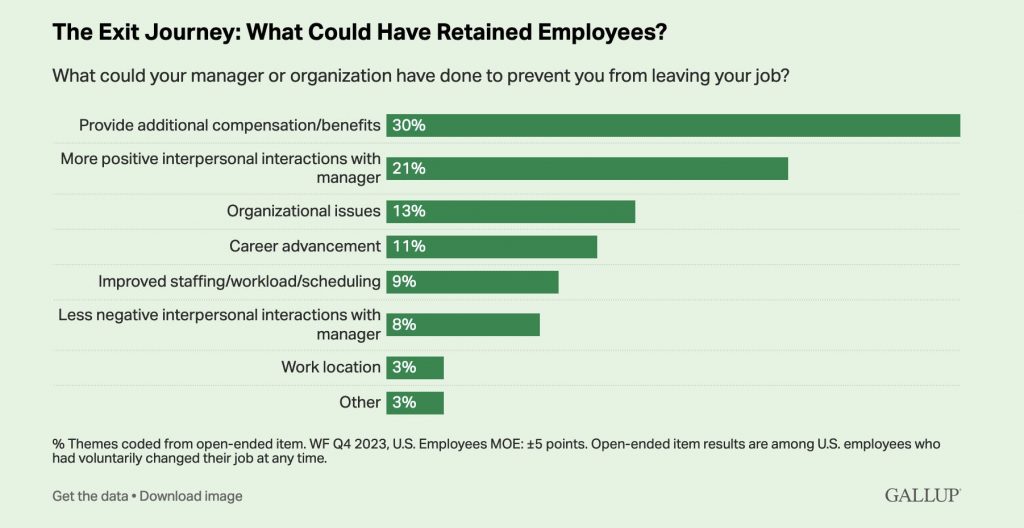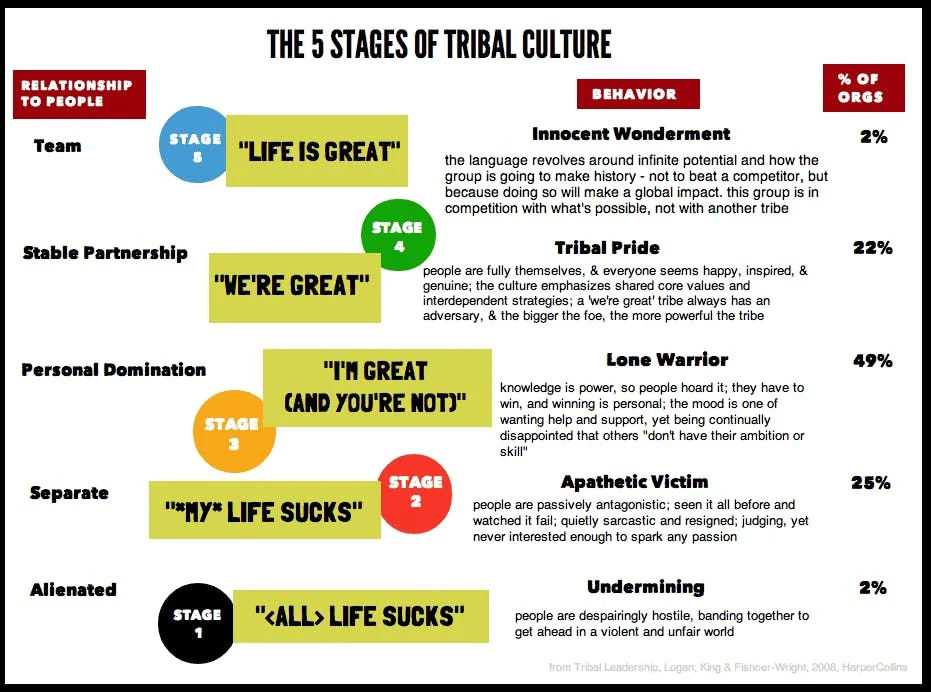"Aren't you forgetting something..."
Ever worked really hard on a project only to realize you forgot something kind of important?
That happened to us this week. For all the effort we put into creating the best, next Lighthouse Lessons program, learning what your biggest questions are on the topic, developing a great set of lessons, and helping you understand the size and scope of your issue, we failed to confirm two things:
- Do you want to take the program with your team?
- Are you willing to pay a higher price in exchange for including your team?
The latter we now know is an emphatic "No." The other, seems like it may be no as well, which is why we have a survey we'd love for you to take to help us get this right. We'll be relaunching the program on Monday based on what we learn, and anyone completing the survey today will get a special thank you price.
Thank you to everyone who emailed or spoke with us. As you can see, we're listening and taking your feedback to heart.
In today’s edition, we cover how to prevent losing good people on your team, give you a framework for understanding the stage and health of your company culture and a special opportunity for your consideration.
Let’s dive in…
Table of contents:
- 📰 News & Reports for Managers on Saving Preventable Turnover
- 📚 Book of the Month on the 5 Stages of Culture
- 🔜 Coming Next Week: the Updated Return of Conquer Your Calendar
- 🗣️ A New Opportunity: Want to join the Lighthouse Customer Advisory Board?
➡️ Did a friend forward this to you? Get every issue straight to your inbox by signing up here.
Note: This is a preview of our weekly leadership newsletter, Lighthouse Leadership Weekly (LLW).
To get this sent to your inbox every week, along with our latest long form essays on this blog, you can sign up here.
📰 News & Reports for Managers
📌 Gallup finds the common causes of preventable turnover
There are two kinds of turnover: the kind you like and the kind that makes you panic.
Let's be honest: As nice as it is to have a "problem resolve itself" by having a weak employee leave, it is equal if not more emotionally charged (in the opposite way) to lose a good employee who chooses to quit/leave.
Unfortunately, when you lose good people, it's almost always preventable. A chain reaction of actions, or inaction, is typically the cause.
Yes, there is the occasional "My spouse got a can't pass up job" that forces them to move away from your office, or a "We wanted to move closer to family" kinds of decisions, but the more common cause are things that are within your control (especially now that remote means those aforementioned reasons don't necessarily mean they have to quit).
And that's what Gallup's latest data is looking at: Preventable reasons you lose good people.
You could prevent 42% of your turnover
This is the foundation of Gallup's case. Looking across their huge dataset, they see that almost half of turnover could be prevented.
So enough preamble, let's get to the data:

First and foremost, it's important to recognize that a lot of employees have a wandering eye right now. Their data shows that roughly half of all employees are "watching for or actively seeking a new job."
You can also see that this is relatively normal. Even at the lowest, it has always been more than 4 in 10 employees are curious if the grass is greener somewhere else.

Next, we have how you lost these team members, which you can see that inaction is the largest problem. 45% of employees who left had none of these actions taken:
- Talking about your career
- Checking in on your satisfaction in your role
- Coaching and feedback on your work
- Listening to your concerns about the job
These are basic things. If you have read this newsletter for long, you know that we've talked in depth about all of these at different times. They are all also excellent topics to cover in your 1 on 1s, because those meetings should be about your team member.
Yet, equally important is it's not just that those conversations weren't happening, it's that those leaving specifically credit those things with why they left:

Let's look at some of the top items and consider what they really mean:
- Compensation: "I'm not paid enough for this..." is a common feeling we all have when we are frustrated. Yet, studies have shown that if you did get a raise, that would only satisfy you for a few weeks before you'd be back to frustrated again. Also, because most people get a raise when they change jobs, I'm not surprised that it's top of mind during such a survey.
- Interactions with their manager: This goes hand in hand with the prior chart showing all the things your manager failed to do before you left. You'll also note that there's a separate, additional 8% for "Less negative interactions" with their manager, meaning direct manager interactions alone is 29% of the things that could have retained people, almost tied with compensation.
- Organizational Issues: You can try to shield your team, but this is one of those factors that you can't control and if it happens it may be time for you to think about an exit before you burn out.
- Career Advancement: If you don't talk to your team about their careers, who will? It's part of your job, and easier than you might think. Even small, incremental progress can make a big difference.
- Staffing/Scheduling/Workload: This is another hidden issue that is really your manager's fault. If you don't know if your team is burning out, spread too thin, or hates their schedule, who would notice and be able to do something about it?
All this adds up to the fact that you as the manager have a lot of power to retain your team, or you can be a key reason you lose them.
An important reminder: People lie in exit interviews.
This is a lesson that you have to often learn the hard way. I've seen many well-intentioned companies with high turnover rates think that exit interviews will help them solve their problems.
Yet, the truth is people lie in exit interviews.
And it makes sense. There is ZERO incentive to tell the truth:
- You don't want to burn bridges: You aren't going to tell your manager that you left because you didn't like them. That just leaves a sour taste for everyone as you head out the door.
- Nothing to gain: If you're already out the door, and excited about a new role, dumping problems on the way out can feel petty.
- HR is not your friend: HR exists first and foremost to protect the company and their interests (legally and otherwise), so there's no reason to reveal anything to them, either.
- You just want to leave: These interviews typically happen on your way out the door on your last day, so most people just want to get out and on their way.
All of this leads to the same diplomatic answers, generalities, and "run out the clock" kind of discussions that don't really help you fix the root of the problem.
Fortunately, in my experience, when a 3rd party is involved (like this Gallup survey) people are a bit more honest than they are to their old employer, which is why we've broken down this study today.

Start changing your actions before they leave.
As Ben Franklin wisely said, prevention is your friend. That means taking action now to make sure you have the basics covered to keep your best team members.
And the good news is that when you do these things, not only are your team members more likely to stay, but they're also more likely to be engaged, motivated, and hard working.
So if you need to work on any of these areas, check out these links so we can help you:
- Talking about their career: We have a whole library of posts to help you with any problems from starting the conversations to making progress when you can't promote them.
- Checking in on your satisfaction in their role: Many of these 1 on 1 meeting questions can help you make sure they're satisfied.
- Coaching and feedback on their work: We also have a huge library of posts on coaching and giving feedback.
- Listening to their concerns about the job: You have to listen to your team and understand them. If you struggle with that, start with the fundamentals of being a good listener.
If you do all 4 of these things, you'll be *much* less likely to lose your best people. Just remember that it's a never-ending journey; you have to keep doing these things consistently. Otherwise, you don't get credit for past effort beyond maybe 2-3 months.
How do you retain your people? What other habits have you found help keep your people around?
📚 Book of the Month on the 5 Stages of Culture
This month's book of the month is about your team and company culture. It's called "Tribal Leadership" and it focuses on how the habits and words you and your team use shows how healthy, or dysfunctional, your culture is.
Today, I want to share with you a helpful guide to understand the level you're at:

Some of those phrases may be familiar to you depending on the teams you were on in the past.
And if you want a real life example of those in practice, look no further than the Boston Red Sox having their legendary 0-3 comeback vs. the New York Yankees in 2004:
"Most teams that are badly beaten will turn on each other. They'll blame one another for their mistakes, criticize those that didn't perform well, and can create an internal battle for those that felt did their jobs versus those that did not. All of these things destroy teams.
In the Red Sox's 19-8 loss at home in Game 3, they had failures all around. Every pitcher that entered the game gave up at least one run. Their hitters were only 2 for 13 with runners in scoring position. From the midpoint of the game on, it wasn't a close game at all.
Instead of getting down, the Sox players all embraced language showing they believed the team could still win. Star slugger David Ortiz told reporters, "You never know. Things can change."
Talkative first baseman Kevin Millar called him and his teammates a "Group of idiots," that if anyone could do it, "We can." Pitcher Curt Schilling wore a shirt to each press conference during the entire comeback that simply stated their internal motto, "Why not us?"

Notice their language. It wasn't about beating the Yankees (Stage 4). They actually took it a step further and looked at the bigger mission of making history (no team had ever come back from down 0-3 before). They also didn't blame each other (Stage 3), get down on themselves (Stage 2), nor give up all hope entirely (Stage 1).
Yet, like any good culture, the foundation was set long before that fateful day they started their comeback. They had a solid team culture they had built all season and could lean on in that crucial moment where so many others would have given up.
What Stage is Your Team?
The way your team operates, communicates with each other, and their mindsets all influence the Stage of Tribal Culture you're at. This chart can give you a basic outline to determine what stage you're at now.
If you want to change that, I highly recommend you pick up a copy of the book, because it explains quite well how to rise from one level to the next, while understanding how you got to where you are today.
-> You can read more about what made the Red Sox culture so successful here, and pick up a copy of Tribal Leadership here.
🔜 Coming back next week: Conquer Your Calendar
As you saw in the intro, we learned some important lessons this week about what you do and do not want in a new Lighthouse Lessons program. It caused us to press pause, ask some important questions, and now prepare to relaunch on Monday with an offer you've come to know and love from us.
How are your meetings?
You may have seen some of our efforts to help you related to your meetings and calendar the week prior. We sent out insights on some of what we learned throughout the week:
- Monday, July 8th: The Meeting Waste Scorecard to help you measure how much work you may or may not need to do to improve your meetings.
- Wednesday, July 10th: The Top 5 Mistakes Managers Make When Trying to Improve Your Meetings, which showed you the pitfalls to avoid when you decide it's time to bring change.
- Friday, July 12th: How to Bring Real Change to Your Meetings, which showed you the approaches that can help make your efforts to change your team's meeting culture a big success.
And now this coming week, we'll be (re)-launching this brand new program to help you step by step make the meeting changes you've been thinking about.
If you've been dreaming of a world where you can be fully present when you're at home after work, and you don't have to open your laptop every night "to get real work done", or simply wish you controlled your calendar instead of it controlling you, you won't want to miss this.
This program will help you fix your meetings, reclaim the sanity of your schedule, and help your team get back to getting more real work done each week.
Stay Tuned for Monday!
Monday, we'll be reopening registration and introducing you to the offer you and other managers told us you really want.
Keep an eye on your inbox, and get ready to join us.
🗣️ Want to join the Lighthouse customer advisory board?
To avoid future missteps like we mentioned today, we'd like to form a small advisory board going forward.
The goal of the board is to have customers we can reach out to when we're developing something new or want feedback. In exchange, members of the board will get first access to new things, discounts on our programs, etc.
What you can expect:
- Occasional emails asking for your quick, asynchronous feedback, or to check something out
- A scheduled call from time to time to have a more in depth conversation, or to show you something we're working on to get your perspective and feedback
What you'll get out of it:
- Priority access to anything new we build or develop
- Discounts on Lighthouse Lessons programs and any other offerings we launch
- The chance to shape and improve what we develop to ensure Lighthouse continues producing this newsletter, the blog, and other leadership offerings to help and serve you for years to come
If this sounds like something you're interested in, you can apply here.
Sign up to get this newsletter & our latest blog posts straight to your inbox:




